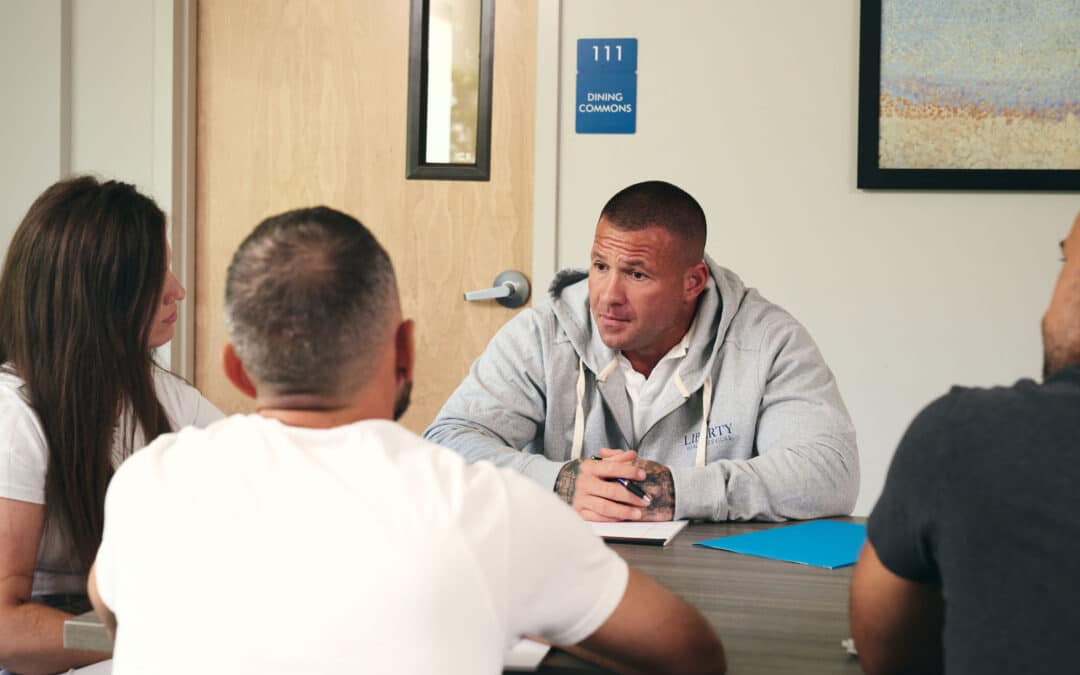Benzodiazepines (benzos) are a commonly-misused class of medicines. Doctors often prescribe them to treat various conditions but are also often abused because of their euphoric and sedating effects. This family of drugs contains many different medicines, most of which have similar effects on the body. They are known to be habit-forming, so people who need help to stop using them often choose to participate in a program at a benzodiazepine detox center. It can be helpful to learn more about this class of drugs, especially if misuse or addiction is a topic of concern in your life.
What Do Benzodiazepines Do In the Body?
Benzodiazepines are depressants, meaning that they reduce the transmission of nerve signals in the brain. These drugs are often prescribed for anxiety or panic disorders and sometimes for muscle spasms or severe insomnia. Benzodiazepines can also interfere with the brain’s ability to form short-term memories. In some cases, benzos may be used before general anesthetic or before medical or dental procedures to reduce anxiety and sedate the patient.
What Medications Are Considered Benzodiazepines?
There are many brand names for benzos, many of which will be familiar to most people. Some of the more commonly-prescribed benzodiazepines are:
- Lorazepam (Ativan)
- Alprazolam (Xanax)
- Diazepam (Valium)
- Clonazepam (Klonopin)
- Chlordiazepoxide (Librium)
Other, shorter-acting, or stronger benzodiazepines are more frequently used in the context of medical procedures. These medications have practical and useful benefits in treating several conditions. However, like any drug, they can be abused.
Are Benzodiazepines Dangerous?
A major consideration when a doctor prescribes one of these medicines is benzo abuse. These drugs are known to carry a high potential for abuse and addiction. Tolerance develops quickly, leading users to overmedicate or use more than one kind of benzo at a time. Overdose is possible with benzodiazepines, especially when combined with another depressant such as alcohol.
Once the body becomes dependent on benzodiazepines, it can be difficult to stop using them without help. Most people with benzo addiction are more successful when seeking help from a benzo rehab program.
How Can a Benzodiazepine Detox Treatment Program Help?
For someone addicted to benzos, the withdrawal process can be challenging. In a benzo detox program, medical and therapeutic staff can smoothly and gradually reduce benzo use over time, allowing the client to experience fewer and less severe withdrawal symptoms. Many times, this process involves changing prescription medications and dosages. This requires close supervision and involvement of doctors and other care staff.
Also, when dealing with addiction, the client must receive appropriate therapy and counseling to help them address the root causes of addiction in their life. Studies show that people who undergo professional treatment for addiction have greater success in maintaining their recovery over time and returning to activities they enjoyed before addiction. Clients will receive individual and group therapies and therapeutic activities that help build coping skills that will support their recovery in the future.
Liberty Health Services Can Help With Benzo Addiction
Located in Derry, New Hampshire, our luxurious treatment center provides the perfect environment for our clients to rest and focus on recovery. We are committed to a family-centered therapeutic approach because research shows that people who have a strong support network at home will be more able to maintain a lasting recovery. Our programs combine medical and therapeutic best practices, including individualized treatment plans for all clients.
If you or someone you care about has been struggling with benzodiazepines, the best time to reach out for help is right now. Contact our caring and compassionate staff today at 855.959.4521 and let us answer your questions. We can help you and your family heal and achieve a brighter future.


